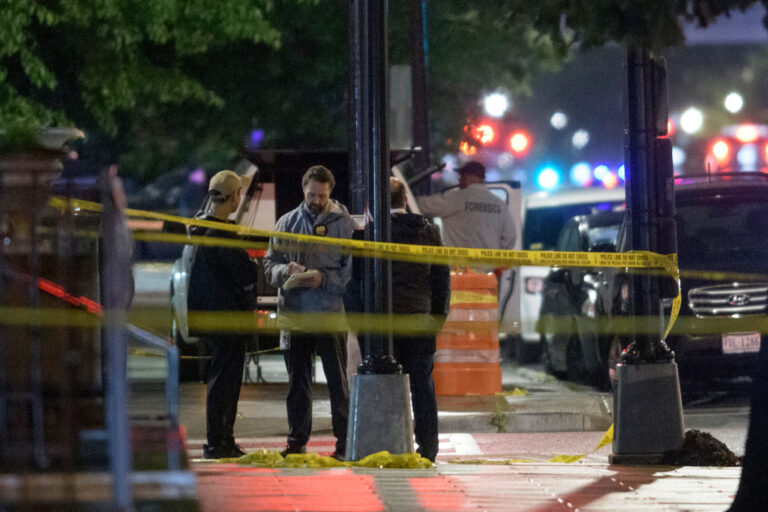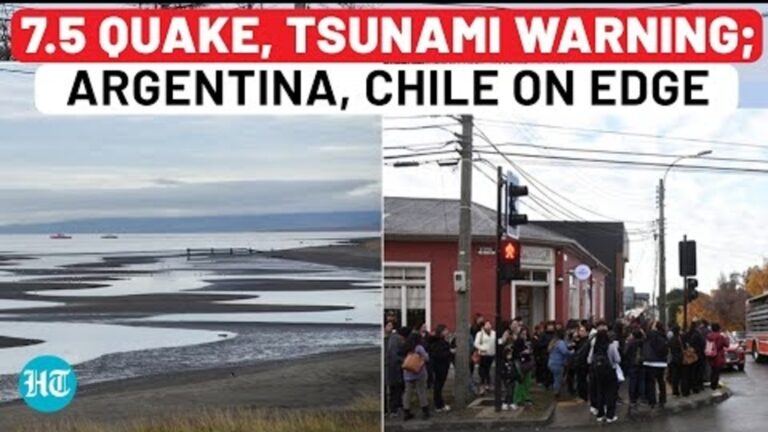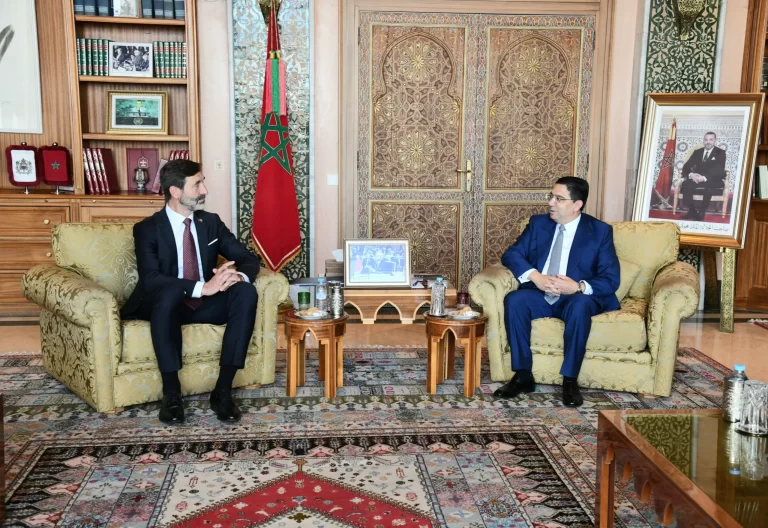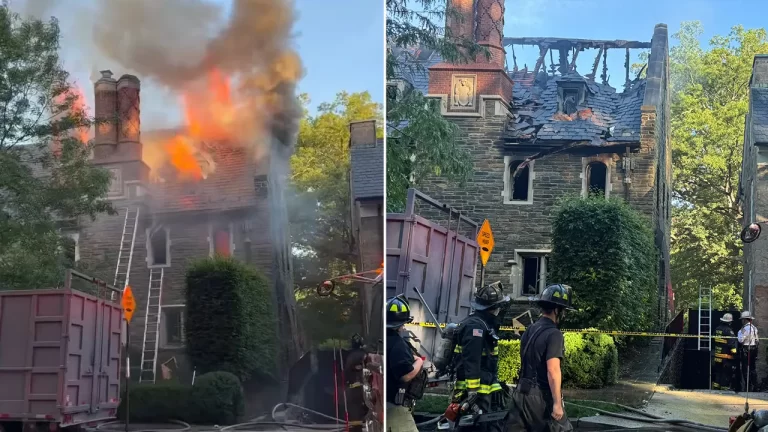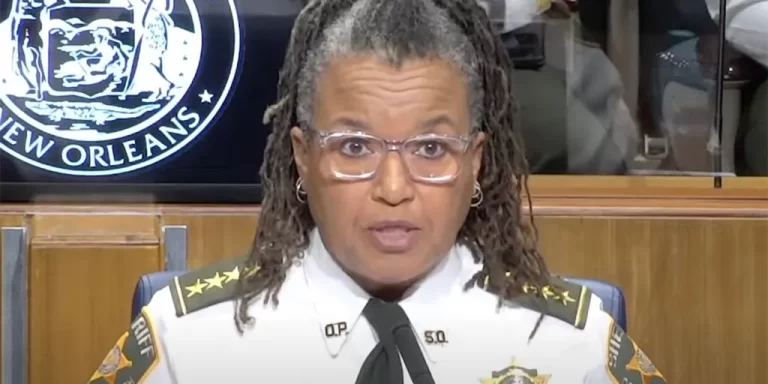
Gaza City – May 13, 2025 — In the heart of war-torn Gaza, where daily life has been reduced to survival, medical professionals are sounding the alarm about an escalating humanitarian catastrophe. With hospitals overwhelmed and food supplies nearly nonexistent, a local doctor issued a chilling plea to the world: “We’re not asking for miracles. We’re asking for food.”
Dr. Lina Mahdi, a pediatrician at one of Gaza’s remaining operational clinics, described the situation as “beyond urgent.” Speaking through intermittent power and spotty communication lines, she painted a grim picture of what famine looks like in real time.
“We’re seeing toddlers whose bodies weigh the same as infants. Mothers who haven’t eaten in days trying to breastfeed. Patients too weak to survive basic surgery because they’re starving,” she said.
Over the past few months, Gaza’s already fragile food infrastructure has collapsed under the weight of continued conflict and tight restrictions on humanitarian access. Aid agencies have repeatedly warned of the growing threat of famine, but the delivery of food and medicine remains severely hampered.
Dr. Mahdi says her team is treating an increasing number of patients with severe malnutrition. “The skeletal frames of children are becoming too common. Their immune systems are failing. They’re dying not just from hunger, but from infections and diseases that their bodies can’t fight anymore,” she explained.
The World Health Organization (WHO) and United Nations have both issued urgent appeals for unimpeded access to deliver life-saving aid to Gaza. But the flow of supplies continues to fall short, with bureaucratic delays, security concerns, and damaged infrastructure all contributing to the worsening crisis.
Despite the grim conditions, doctors and nurses in Gaza are working around the clock. “We’re improvising everything — splitting medicine doses, using expired supplies, reusing equipment. We don’t have the luxury of waiting for help,” Dr. Mahdi said. “But what we need more than anything is food. It’s that simple.”
Her message is directed not only to international organizations but to world leaders. “We don’t need politics. We need bread. We need baby formula. We need fuel for the hospital generator so the incubators stay on,” she urged.
As the world watches, Gaza’s medical community continues to bear witness to the human toll of a preventable tragedy. And in the words of one doctor on the frontlines, the plea remains heartbreakingly simple: “We’re not asking for miracles. We’re asking for food.”
